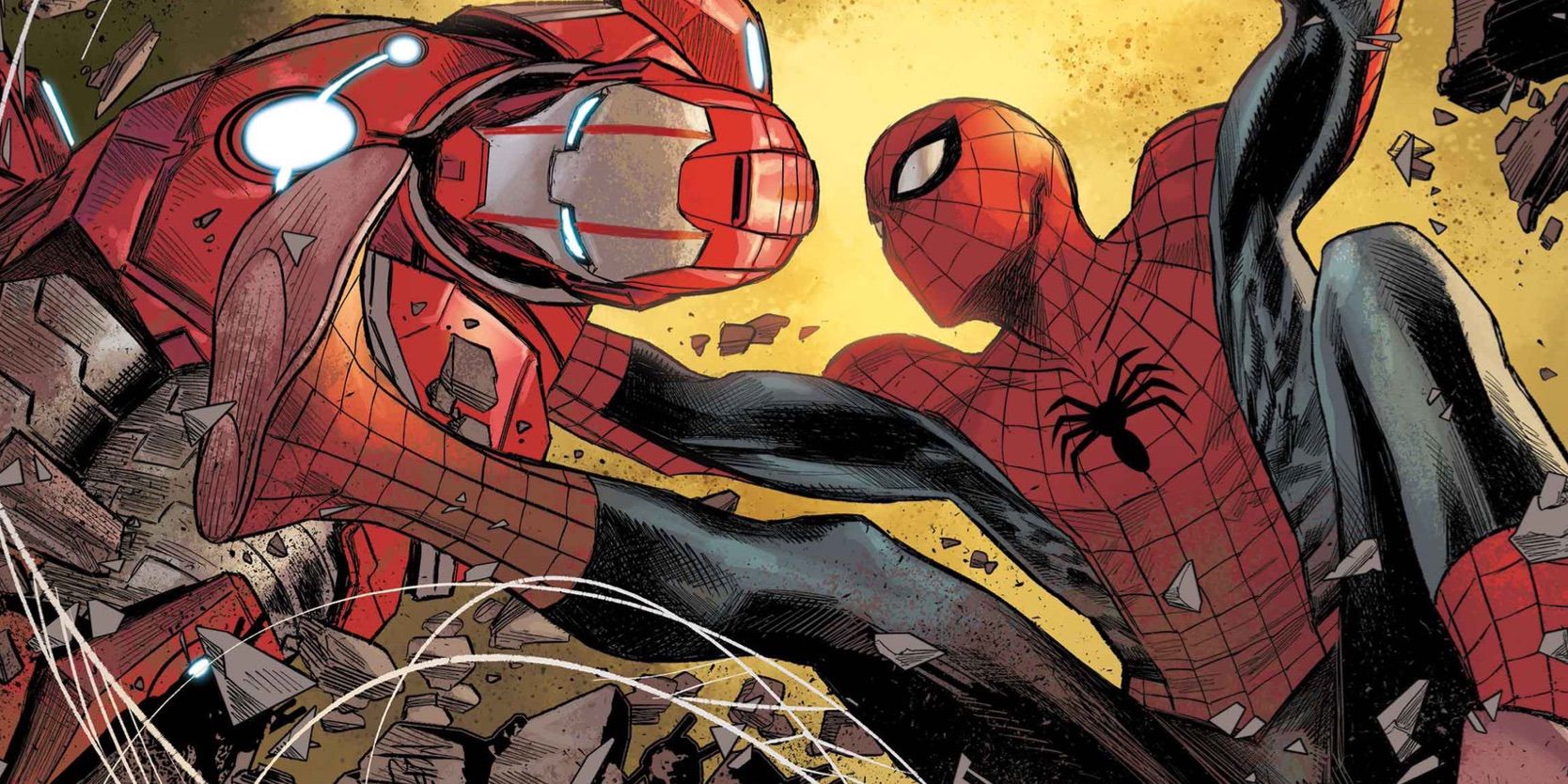Warning: This article contains SPOILERS for Society of the Snow.
Netflix’s Society of the Snow is based on the true story of Uruguayan Air Force Flight 571, and the cannibalism within the story has sparked debate. On October 13, 1972, Flight 571 crash-landed in the Andes mountains on its way from Montevideo, Uruguay to Santiago, Chile. The flight had 45 people on board. Nineteen were members of the Old Christians Club rugby union team, while the other passengers were their friends and family members.
After being stranded for 72 days, 16 people from the flight survived and were rescued. With minimal food in the desolate, mountainous landscape, the survivors had to resort to eating the dead in order to survive. In the film and in real life, their act of cannibalism came with legal and ethical considerations that the survivors — and the public — had to wrestle with.
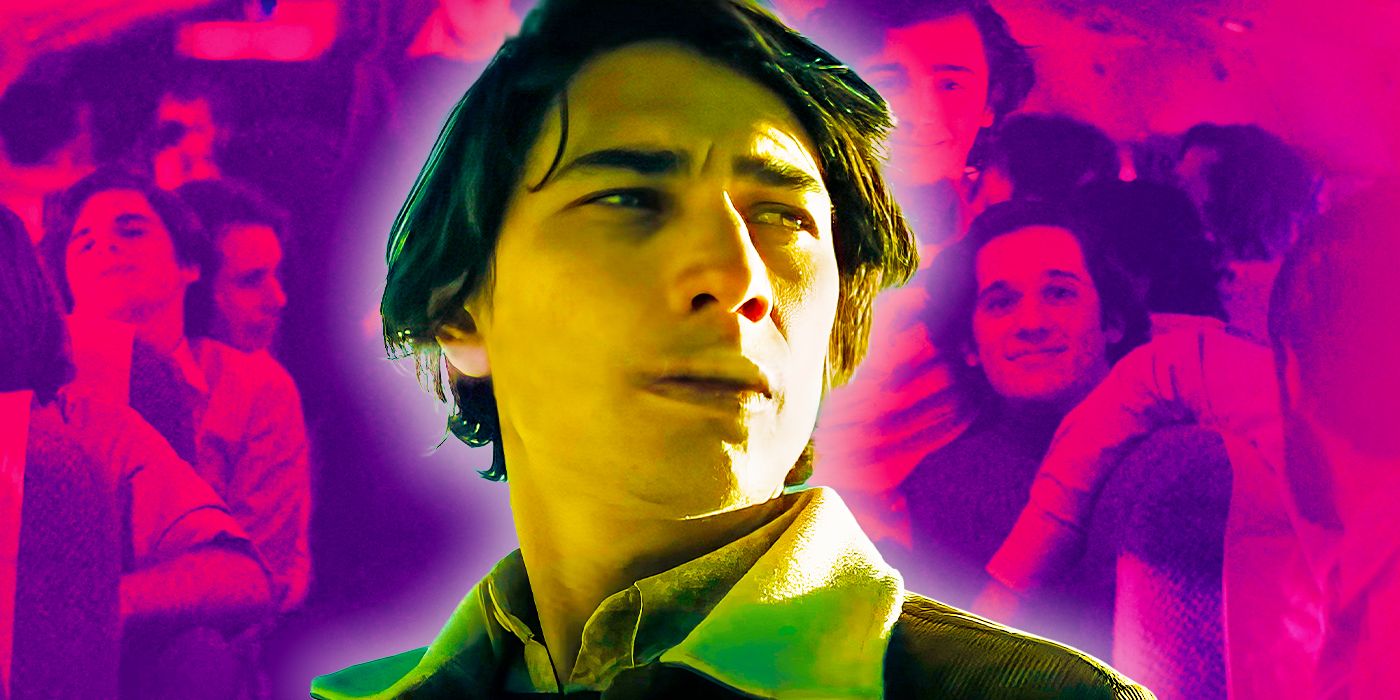
10 Biggest Changes Society Of The Snow Makes To The 1972 Andes Flight Disaster’s True Story
Society of the Snow is nearly a completely accurate retelling of the tragic 1972 Andes plane crash & survival story, but there are a few key changes.
What The Law Has To Say About Cannibalism – Is It Legal?
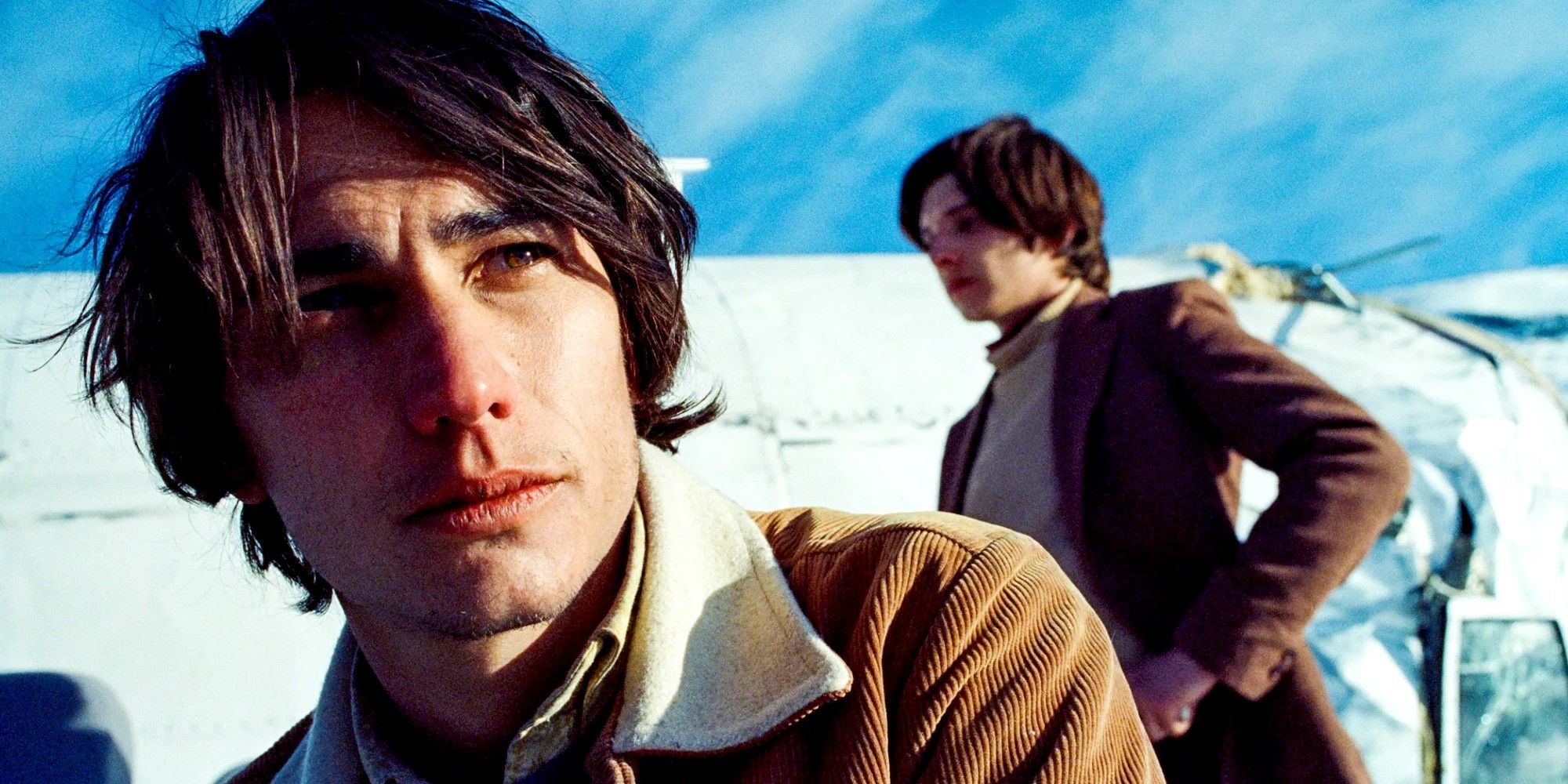
When considering whether they should eat their dead in order to live, the survivors in Society of the Snow wrestle with the issue of whether cannibalism is illegal. It’s difficult to find Uruguayan laws that specifically mention cannibalism, if there are any. In several countries, such as Germany and the United Kingdom, cannibalism isn’t necessarily illegal (via The Guardian).
There are cases where people from these countries engaged in cannibalism and were later arrested, but they were charged for the means by which they obtained human flesh (usually murder), not for cannibalism specifically. Cannibals could also potentially be charged with preventing a legal burial, depending on the jurisdiction and laws. Whether cannibalism is illegal or not in the rugby team’s home country of Uruguay or in their destination country of Chile, there’s no indication that the survivors depicted in Society of the Snow were ever charged with a crime.
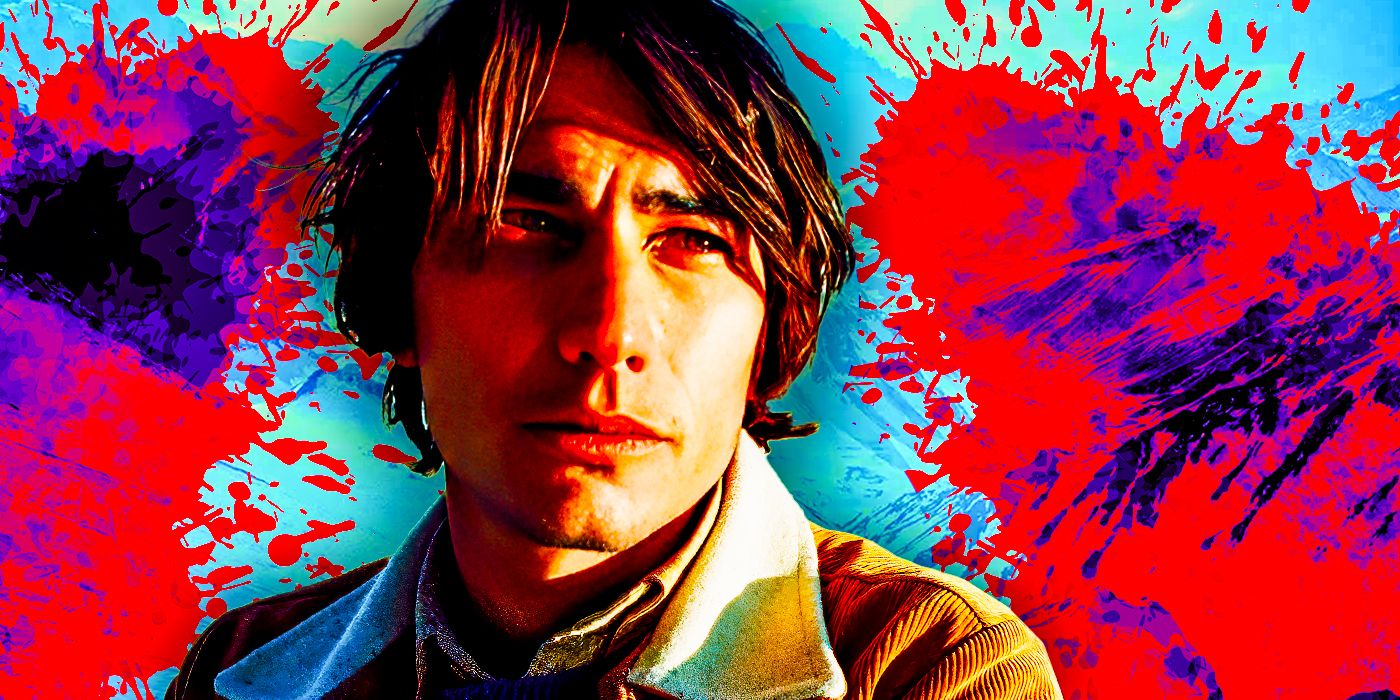
Society Of The Snow Viewer Guide: 10 Gory Scenes You Can Skip & When They Happen
Society of the Snow tells the incredible true story of the Miracle of the Andes. Because the film is so accurate, there are several graphic scenes.
Society Of The Snow’s Religious Dilemmas About Cannibalism Explained
In Society of the Snow, the religious beliefs of the survivors are seen in their prayers, church attendance, and rosaries. This aligns with real life, as all the survivors of the flight were Roman Catholic. One reason the survivors in the film struggle with the idea of eating those who died in Society of the Snow is because they wonder if the act is sinful and whether God will forgive them.
Not long after the survivors were rescued, two Catholic theology professors spoke out in defense of the survivors’ cannibalism (via The New York Times). They explained that, while it’s important in their faith to show respect for the dead, and eating human flesh would almost always be considered a violation of this, cannibalism is justified if there is no feasible or survivable alternative. It’s also interesting to consider the survivors’ actions through the lens of Communion, also known as the Eucharist.
Common in Catholicism and other Christian religions, Communion is when someone eats bread and drinks wine as a religious act. The bread and wine represent the body and blood of Jesus Christ, who, according to Christianity, was crucified to atone for humanity’s sins. Because of this, some have compared Communion to cannibalism (via Clarifying Catholicism). In fact, one third of Catholics believe in transubstantiation, which is the belief that the Eucharist is literally the body and blood of Christ rather than being symbolic (via Pew Research).
Considering this and their religious beliefs, it makes sense that some survivors of Uruguayan Air Force Flight 571 compared their consumption of human flesh to the Eucharist in order to make peace with their actions (via National Catholic Register). It’s also worth noting that some of the survivors consider the act to be anthropophagy rather than cannibalism. This stems from the fact that they didn’t kill people in order to eat them.
How People & Authorities Responded To The Survivors’ Controversial Cannibalism In Real Life
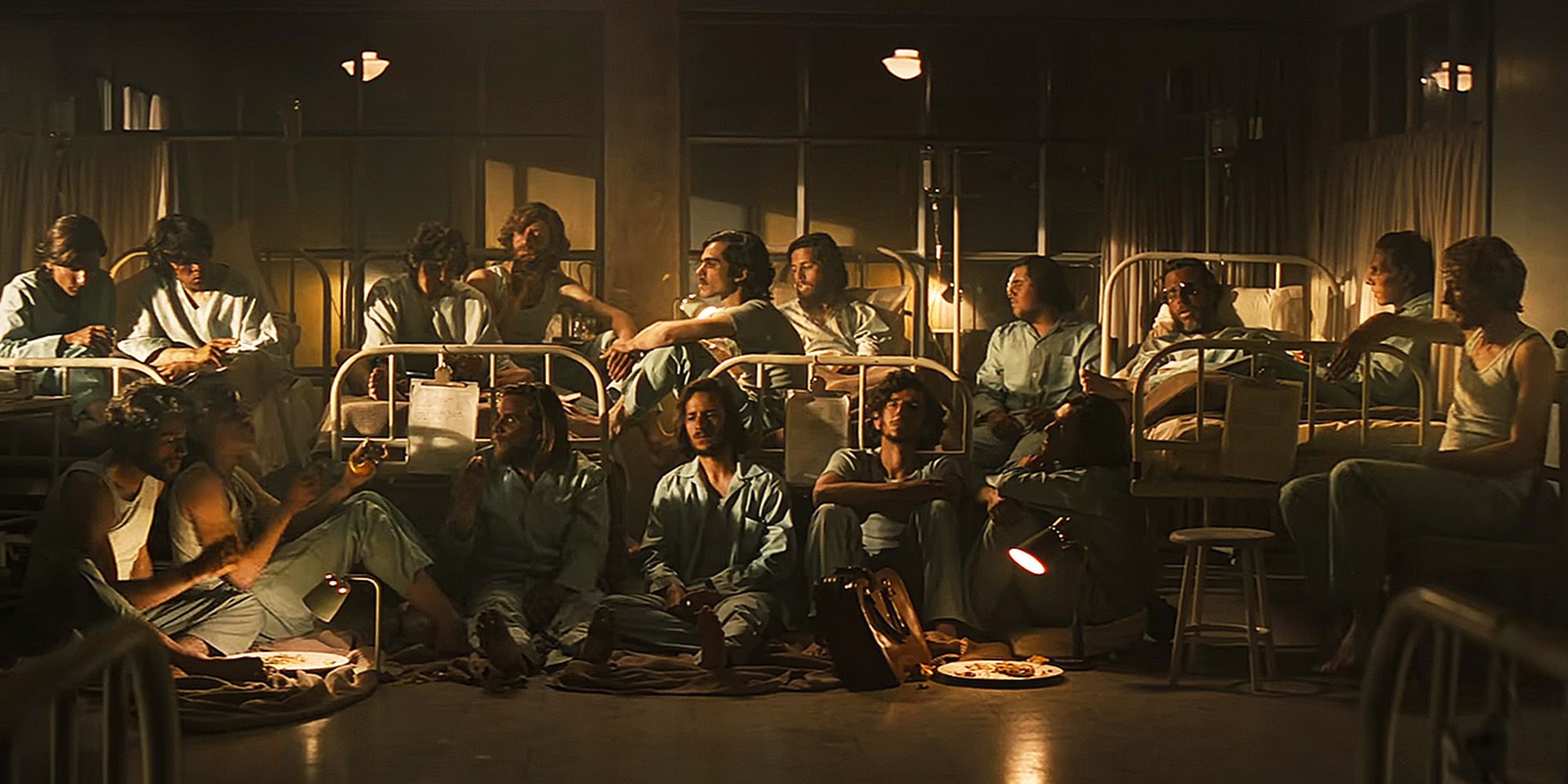
When the public first discovered that the survivors had eaten their dead in order to live, it led to backlash. In the rugby team survivors’ hometown of Montevideo, Uruguay, a rumor began that they killed some of the survivors in order to eat them. These accusations compelled some survivors, like Carlos Páez, to speak out in their defense (via El País): “This bothered us because it wasn’t true… it raised doubts in the minds of the families of the boys who died…Some magazines said we were cannibals. That’s not true, because [being a cannibal] means killing another person because you like to eat human flesh. We didn’t do that.”
Páez also explained that he would have felt honored if his friends used his body to live if he had died. Robert Canessa, another survivor, shared a similar sentiment when he explained that the group made a pact that, if any of them died, the others could eat them to survive (via National Geographic). He said he would have been proud if his body helped his friends survive.
Canessa described how difficult it was to eat their dead. He said he felt like he was invading his friends’ privacy by eating them and that the act itself was emotionally challenging. Ultimately, however, the survivors of the Uruguayan Air Force Flight 571 crash don’t regret engaging in cannibalism because it’s what they needed to make it out of a terrible situation alive (via NDTV World).
Páez explained how it isn’t fair for people to judge them because they would have died if they didn’t partake in it. He said that the people who criticized them likely would have done the same if they were put in a similar, life-threatening situation. The fact that some survivors were able to compare the act to their friends being organ donors and to the Eucharist likely helped them accept what they needed to do in order to live. This controversy is at the heart of Society of the Snow, and it’s reignited similar debates around the group’s actions — but it’s also shed light on the horrors the group underwent.
Society of the Snow
- Release Date
- December 15, 2023
- Director
- J.A. Bayona
- Cast
- Matías Recalt , Agustin Pardella , Felipe González Otaño , Luciano Chatton , Valentino Alonso , Francisco Romero , Agustín Berruti , Andy Pruss
- Runtime
- 144 Minutes




